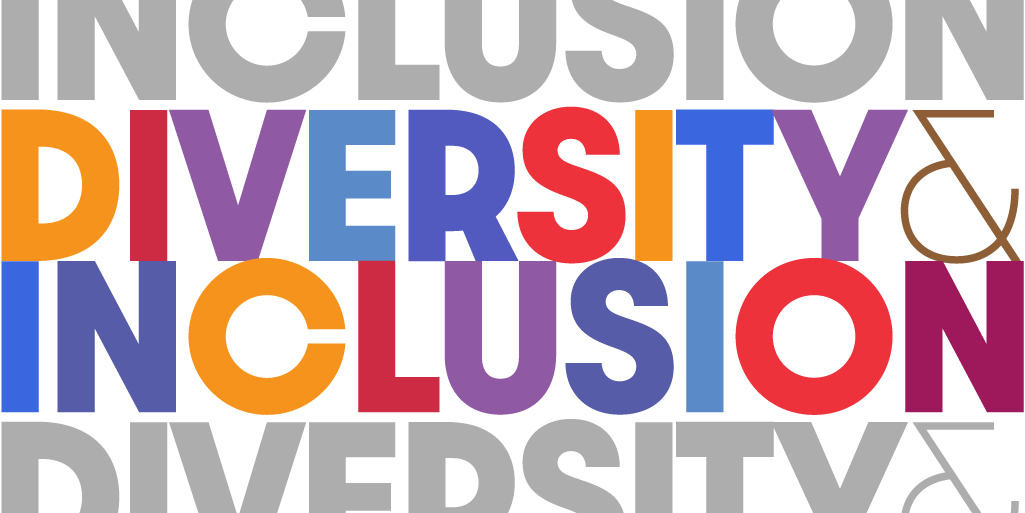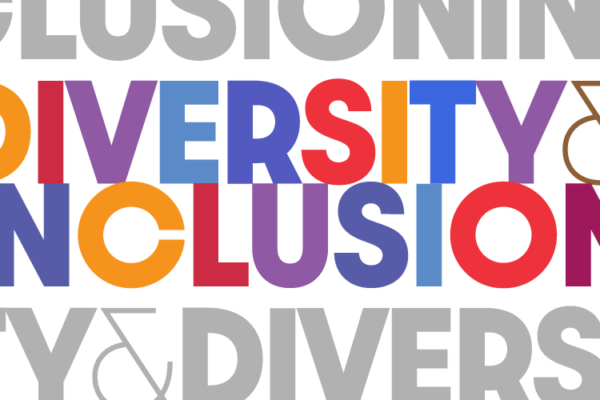Interpeace’s Commitment to Diversity and Inclusion

The tragic death of George Floyd in the United States has affected all Interpeace staff worldwide in a profound way. It is an affront to human dignity and human rights, and thus to Interpeace’s values and principles.
The Black Lives Matter protests are a global clarion call for a long overdue reckoning with systemic racism against black communities and people of colour.
Interpeace unequivocally condemns racism and is committed to using its resources to address racism in all its manifestations. We affirm our full support to those seeking to change peacefully the patterns of racial injustice that have led to the perpetuation of physical, structural, and cultural violence around the world.
The corrosive legacy of colonialism, anti-black racism and xenophobia continues to have an influence and impact on peacebuilding work today and cannot be ignored. If the world is to achieve meaningful and sustainable peace, there must be recognition of the inter-generational traumas - past and present - caused by centuries of bias, privilege, inequality, and injustice and of how these factors determine life outcomes today.
Racism comes not only in open and direct forms, but in everyday experiences of unconscious bias and discriminatory behaviour. We must therefore be equally vigilant in addressing overt and covert or casual forms of racism and prejudice in our societies.
When the social contract is repeatedly violated, especially by security forces, then public protest and dissent are an understandable and almost inevitable response. Often, such demonstrations are the only way that society is able to shine light on its own patterns, behaviours and institutions of exclusion. In this way, social protest movements become an essential part of the process of restoring trust and building a better future.

Photo credit: Interpeace.
As an international organization for peacebuilding, Interpeace recognizes its responsibility to advance equality and eliminate all forms of discrimination within its structures as a pre-requisite to supporting and enabling local communities to transform their own conflict dynamics. This has led us to consult internally on the need to establish a process of self-examination and reflection to ensure that no form of discrimination, intolerance, or exclusion on racial or other grounds can take place within our own organization.
To advance this commitment, Interpeace is establishing a representative Diversity and Inclusion Working Group that will independently consult with all staff, and will support management to (1) foster a constructive and inclusive discussion in the organization about diversity and inclusion; (2) identify ways, where required, to eliminate any structural, systemic or casual forms of racial and other discrimination and exclusion within our organization and networks; (3) review and offer recommendations on ways to enhance our peacebuilding work positively and meaningfully in support of greater diversity and inclusion; and, (4) strategize how to scale up Interpeace’s practical support for peacebuilding, including in Europe and the U.S., that addresses exclusion, racism, and marginalization.
Interpeace will also join other peacebuilding organizations wherever possible to create greater collective effort and progress in advancing and upholding diversity and inclusion in the worldwide peacebuilding community.
Interpeace takes these steps to build a stronger and more diverse and inclusive organization that is better able to address structural and systemic patterns of exclusion wherever they may be present.
Scott M. Weber
President
Interpeace
